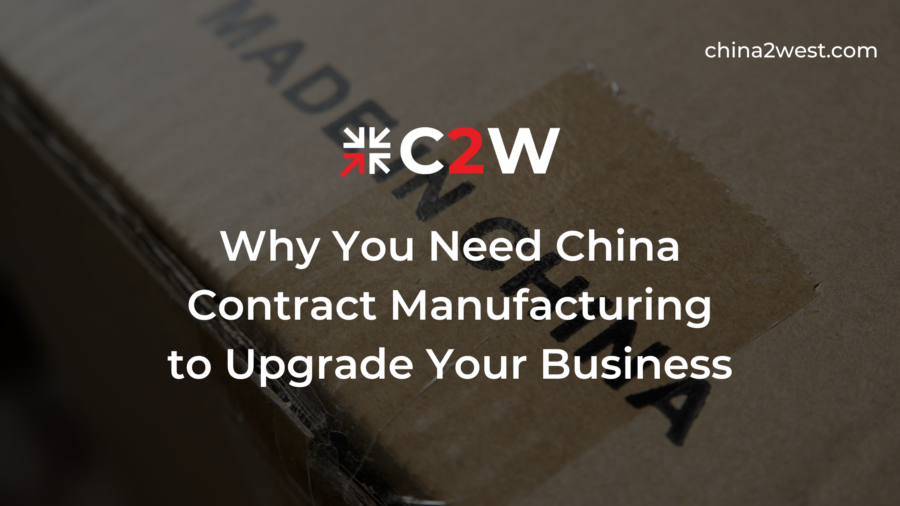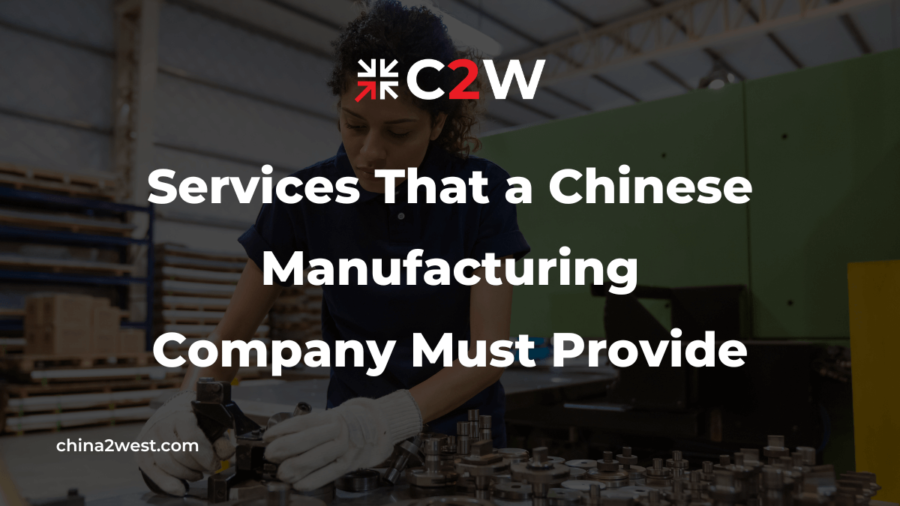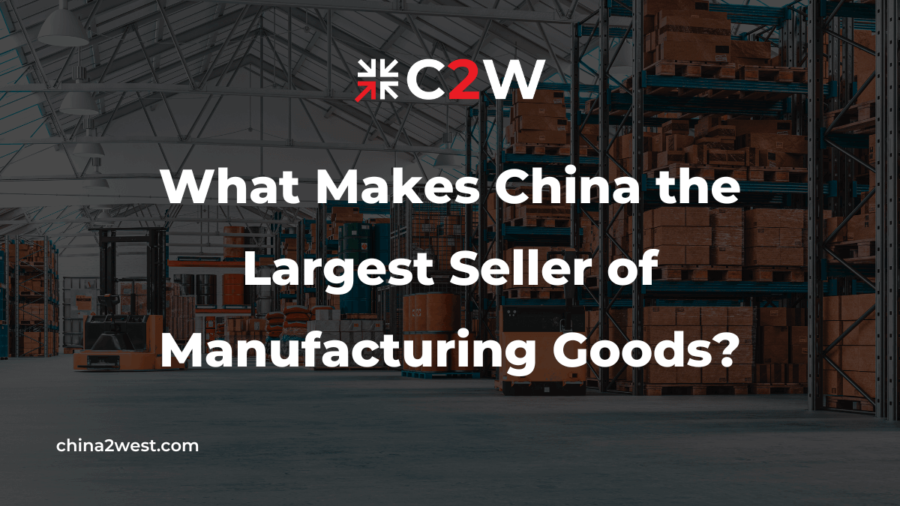In today’s hyper-competitive global market, enterprises are continuously exploring innovative strategies to bolster their competitiveness and enhance operational efficiency.
One increasingly popular approach is China contract manufacturing.
This article delves deeply into the significance of China contract manufacturing in the context of business enhancement, elucidating its myriad advantages and essential considerations for enterprises contemplating this strategic move.
Understanding China Contract Manufacturing
Definition
China contract manufacturing is a strategic outsourcing practice wherein businesses entrust manufacturing processes to Chinese enterprises, leveraging the nation’s abundant resources and cost-efficient labor force.
This arrangement allows companies to focus on core competencies while benefiting from China’s manufacturing expertise and infrastructure.
Scope
The scope of China contract manufacturing spans across diverse industries, including but not limited to electronics, textiles, automotive, machinery, and consumer goods.
This versatility makes it a viable option for a wide range of businesses seeking to optimize their manufacturing processes.
Advantages of China Contract Manufacturing
Cost Efficiency
One of the most compelling advantages of China contract manufacturing is cost efficiency. Chinese manufacturing firms typically offer competitive pricing due to lower labor costs, economies of scale, and efficient supply chains.
This enables businesses to reduce production costs and improve profit margins, ultimately enhancing their competitiveness in the global market.
Access to Skilled Labor
China boasts a vast pool of skilled labor, encompassing engineers, technicians, and production workers with expertise in various industries.
These skilled professionals are capable of producing high-quality products with precision and efficiency, meeting the stringent quality standards demanded by global markets.
Infrastructure
China’s robust infrastructure, including extensive transportation networks, modern industrial parks, and state-of-the-art manufacturing facilities, provides a conducive environment for seamless production processes.
This infrastructure not only ensures efficient logistics but also facilitates timely delivery of goods to international markets, enhancing customer satisfaction and loyalty.
Technological Expertise
Chinese manufacturers are known for their technological prowess and continuous innovation. They often invest in cutting-edge technologies, such as automation, robotics, and advanced machinery, to improve production efficiency and product quality.
By partnering with Chinese manufacturers, businesses can gain access to these technological advancements, staying ahead of the curve in their respective industries.
Scalability
Another significant advantage of China contract manufacturing is scalability. Chinese manufacturing partners offer flexible production capacities, allowing businesses to adjust production volumes according to market demand without incurring significant capital investment.
This agility enables enterprises to respond swiftly to changing market conditions and capitalize on new opportunities without overcommitting resources.
Key Considerations Before Engaging in China Contract Manufacturing
Quality Assurance
Ensuring product quality is paramount when engaging in China contract manufacturing. It is essential for businesses to select reputable manufacturing partners with a proven track record of delivering high-quality products.
Conducting thorough due diligence, including factory audits and quality inspections, can help mitigate risks and uphold quality standards throughout the manufacturing process.
Intellectual Property Protection
Protecting intellectual property (IP) rights is critical when outsourcing manufacturing to China. To safeguard proprietary technologies, designs, and processes, businesses should implement robust IP protection measures, including confidentiality agreements, non-disclosure agreements (NDAs), and intellectual property registrations.
Additionally, regular monitoring and enforcement of IP rights are essential to prevent unauthorized use or infringement.
Communication and Language Barrier
Effective communication is essential for successful collaboration with Chinese manufacturing partners. However, language barriers and cultural differences can pose challenges to communication and understanding.
To overcome these barriers, businesses should establish clear communication channels, leverage professional translation services, and foster open dialogue with their Chinese counterparts.
Building strong relationships based on trust and mutual respect is key to navigating cultural differences and fostering productive partnerships.
Logistical Challenges
Navigating logistical challenges is inevitable when engaging in China contract manufacturing, given the complexities of international trade and supply chain management.
Businesses should anticipate potential logistical hurdles, such as shipping delays, customs regulations, and inventory management issues, and develop contingency plans to mitigate risks.
Collaborating closely with experienced logistics partners and maintaining transparent communication throughout the supply chain can help streamline operations and ensure timely delivery of goods to customers.
Industries Benefiting from China Contract Manufacturing
Electronics
The electronics industry is one of the primary beneficiaries of China contract manufacturing, owing to the nation’s advanced manufacturing capabilities and competitive pricing.
Chinese manufacturers produce a wide range of electronic products, including smartphones, laptops, consumer electronics, and components, for global brands seeking cost-effective production solutions and rapid time-to-market.
Textiles and Apparel
China’s textile and apparel industry is renowned for its efficiency, versatility, and scale. Global fashion brands leverage China contract manufacturing for the production of clothing, footwear, accessories, and home textiles due to its cost-effectiveness and ability to accommodate diverse manufacturing requirements.
Chinese manufacturers offer a wide range of services, from fabric sourcing and design development to production and logistics, catering to the needs of fashion retailers worldwide.
Automotive
The automotive industry relies heavily on China contract manufacturing for the production of vehicle components, parts, and assemblies.
Chinese manufacturers excel in precision engineering, advanced manufacturing technologies, and cost-efficient production processes, making them preferred partners for automotive OEMs and suppliers.
With China’s growing influence in the global automotive market, contract manufacturing in China continues to play a pivotal role in the industry’s supply chain and value proposition.
Medical Devices
China has emerged as a leading hub for medical device manufacturing, offering a comprehensive range of services from design and prototyping to manufacturing and assembly.
Chinese manufacturers possess advanced capabilities in precision machining, injection molding, and cleanroom assembly, enabling them to produce a diverse array of medical devices, including diagnostic equipment, surgical instruments, and implantable devices.
With stringent quality standards and regulatory compliance, China contract manufacturing provides a reliable and cost-effective solution for medical device companies seeking to bring innovative products to market.
Future Trends in China Contract Manufacturing
Automation and Robotics
The adoption of automation and robotics is poised to revolutionize China’s manufacturing landscape, enhancing productivity, efficiency, and competitiveness.
Chinese manufacturers are increasingly investing in automation technologies, such as robotic arms, automated assembly lines, and artificial intelligence (AI) systems, to streamline production processes, reduce labor costs, and improve product quality.
As automation becomes more prevalent, businesses can expect greater flexibility, agility, and innovation in China contract manufacturing, driving continuous improvements in productivity and performance.
Sustainability
Sustainability is a growing priority for businesses, consumers, and governments worldwide, prompting Chinese manufacturers to embrace eco-friendly practices and technologies.
From energy-efficient production processes to waste reduction initiatives, Chinese manufacturers are taking proactive steps to minimize environmental impact and promote sustainable development.
By adopting green manufacturing practices, businesses can not only reduce their carbon footprint but also enhance their brand reputation and appeal to environmentally conscious consumers.
Digital Transformation
The digital transformation of manufacturing is reshaping China’s industrial landscape, ushering in a new era of smart, connected, and data-driven production.
Chinese manufacturers are leveraging digital technologies, such as Internet of Things (IoT) sensors, cloud computing, and big data analytics, to optimize operations, improve decision-making, and enhance customer experiences.
With real-time monitoring, predictive maintenance, and remote management capabilities, businesses can achieve greater visibility, control, and efficiency in China contract manufacturing, driving innovation and value creation across the supply chain.
China contract manufacturing offers significant opportunities for businesses seeking to optimize their manufacturing processes, reduce costs, and enhance competitiveness in the global marketplace. By addressing these considerations and embracing emerging trends, businesses can unlock the full potential of China contract manufacturing and position themselves for long-term success and prosperity. With nearly 20 years of experience under the belt and vast network of suppliers as well as in-house R&D, C2W can help you fully leverage all the benefits of contract manufacturing in China. Reach out to us!




